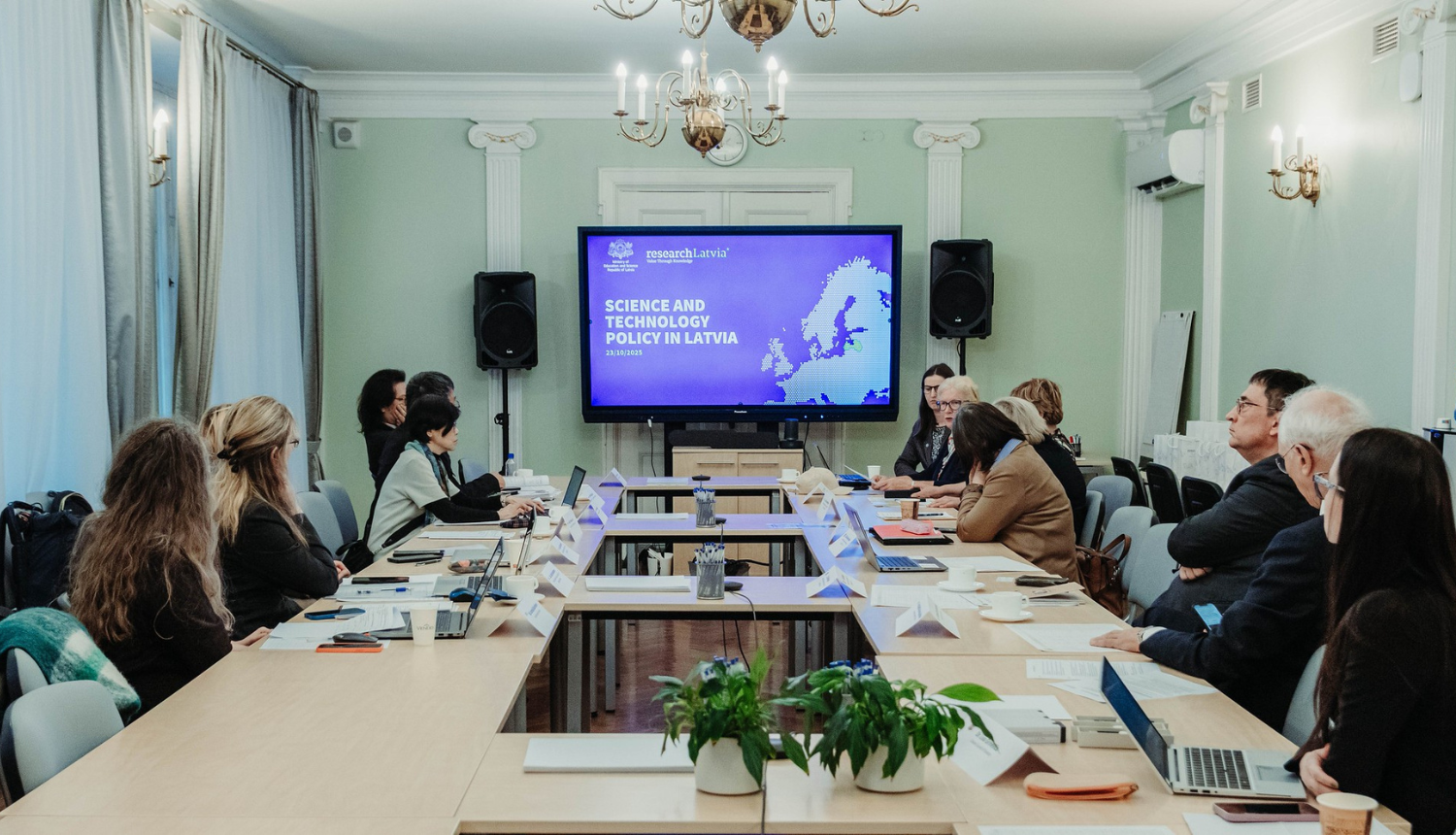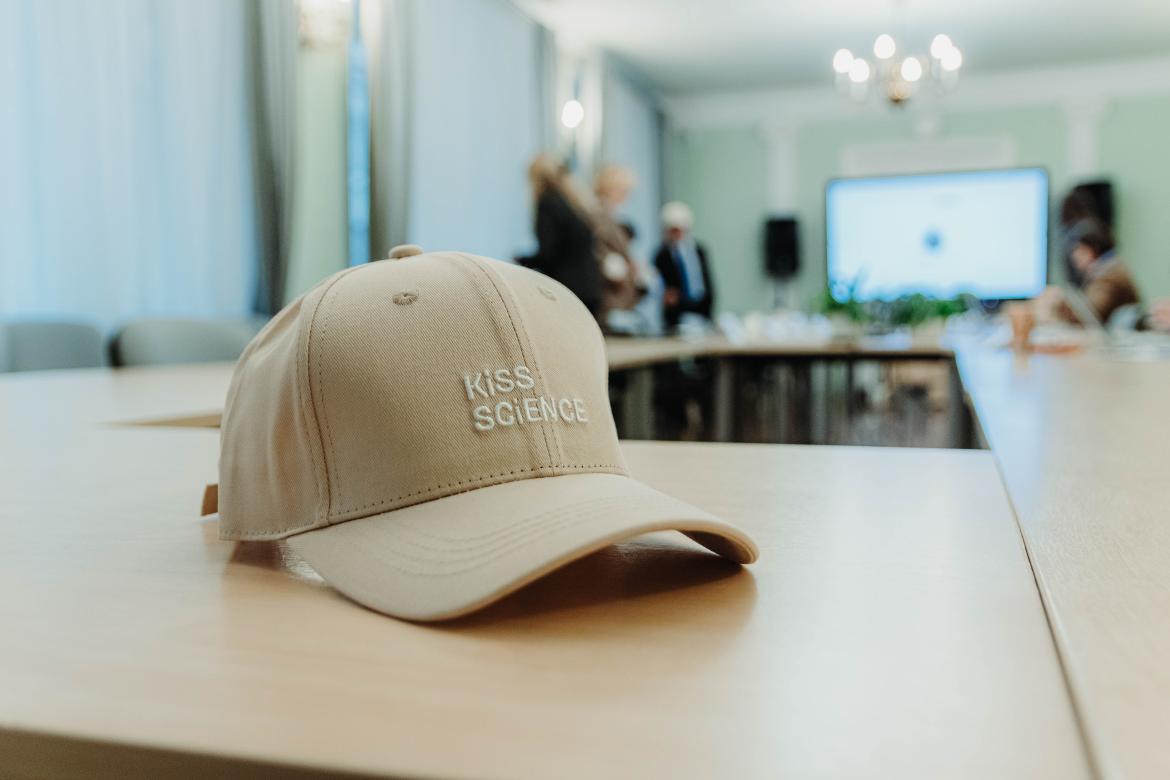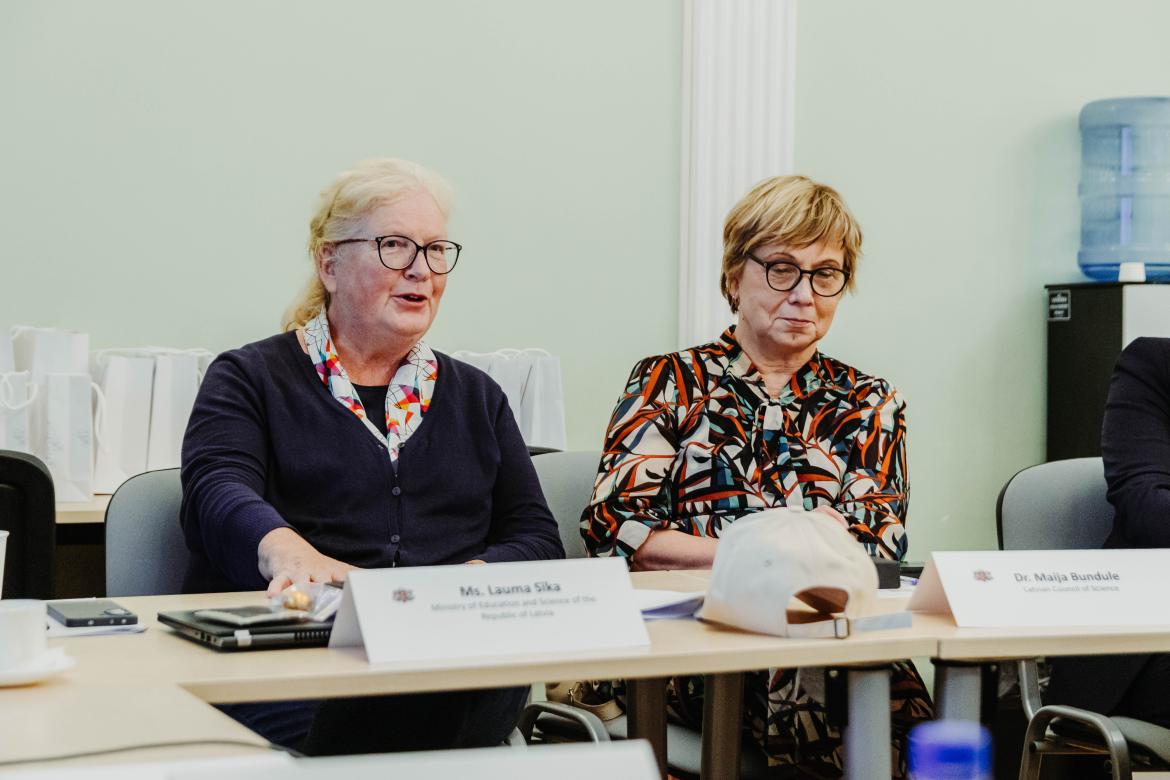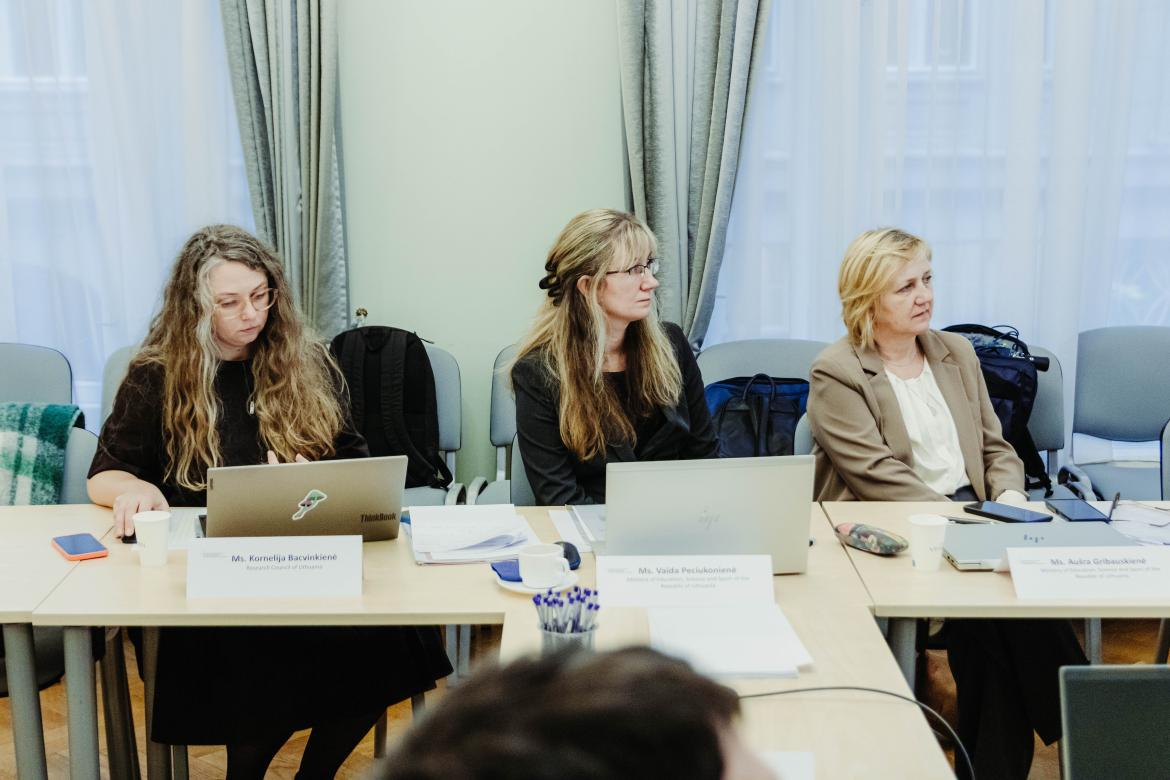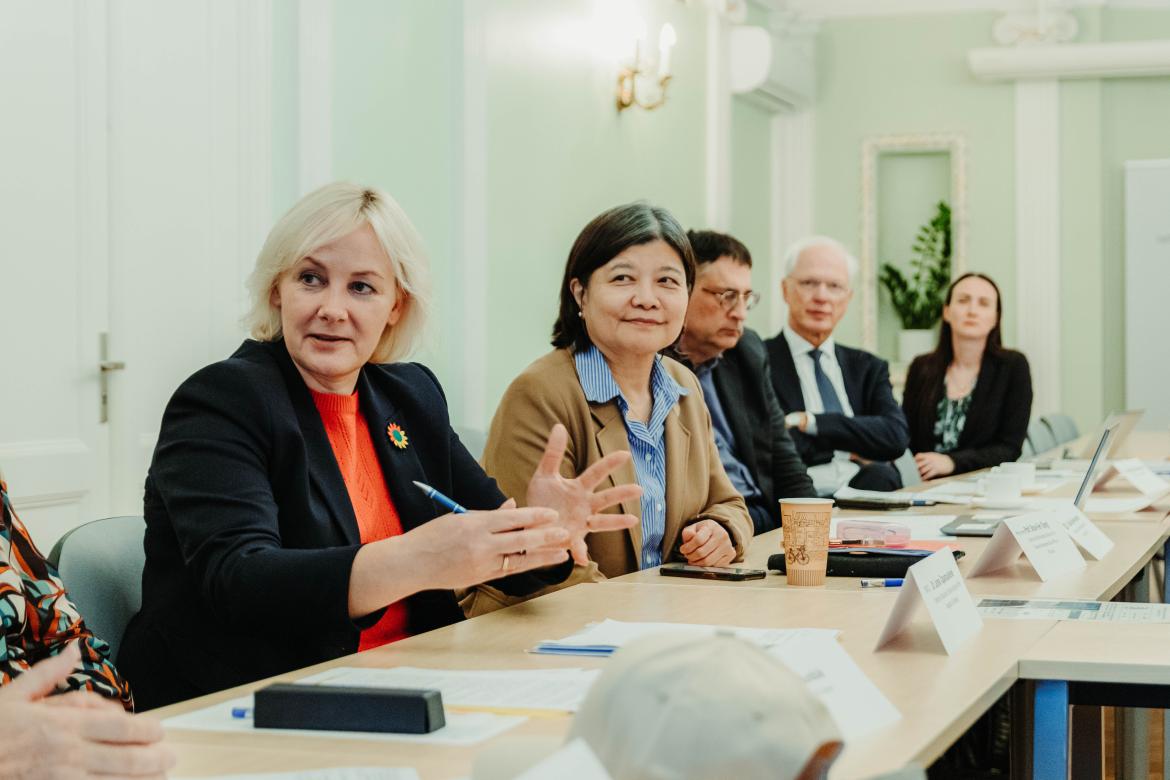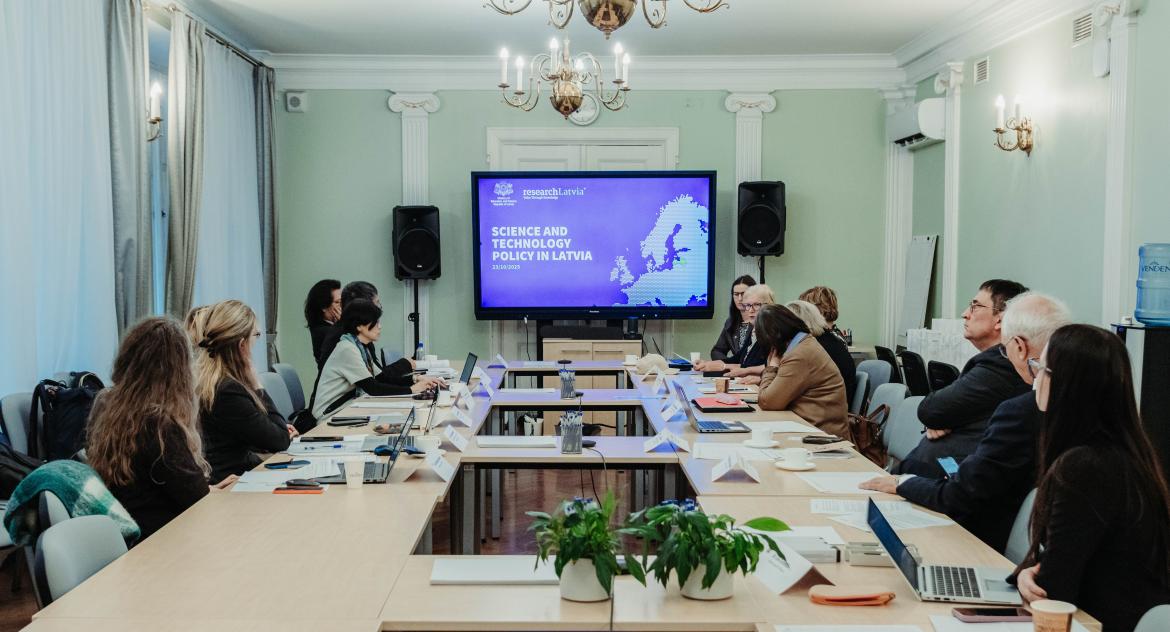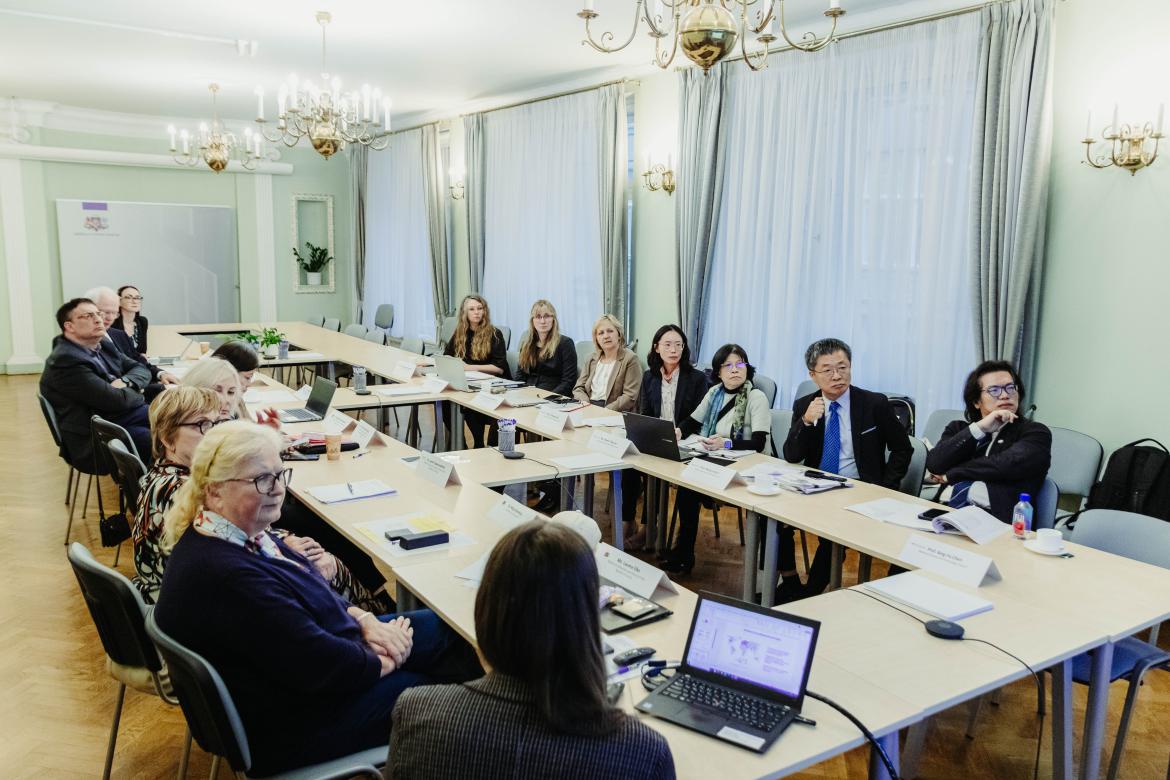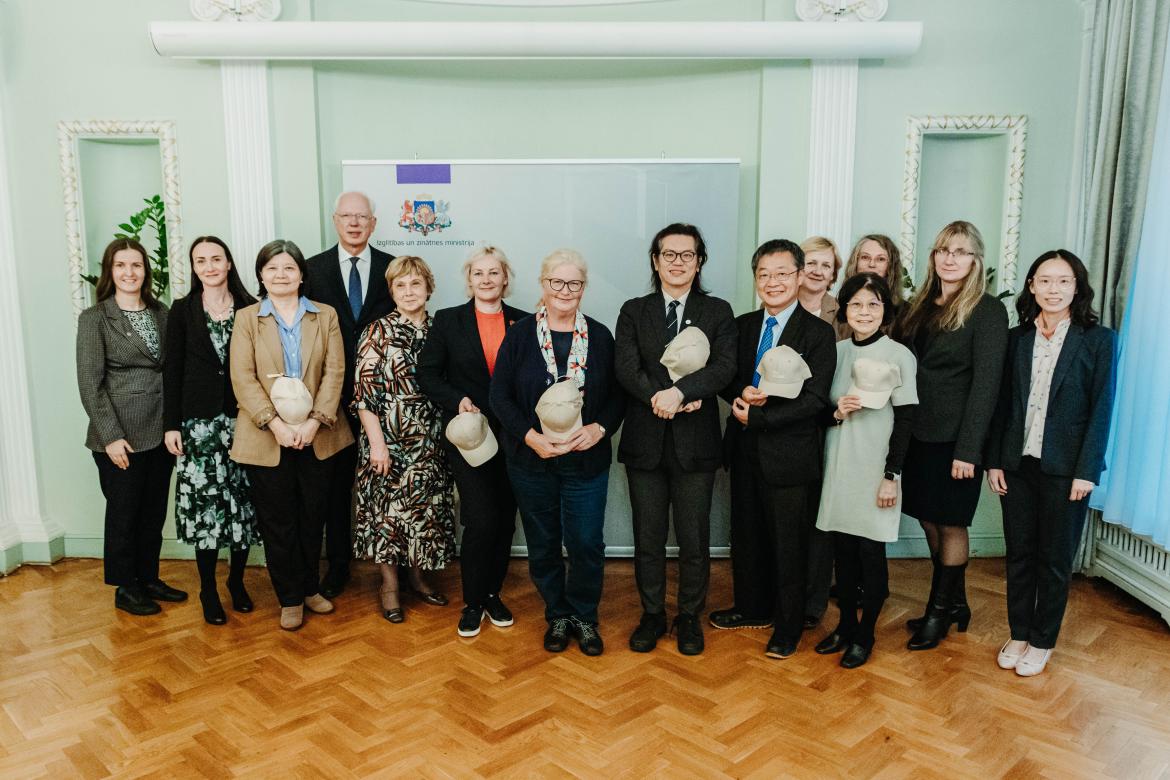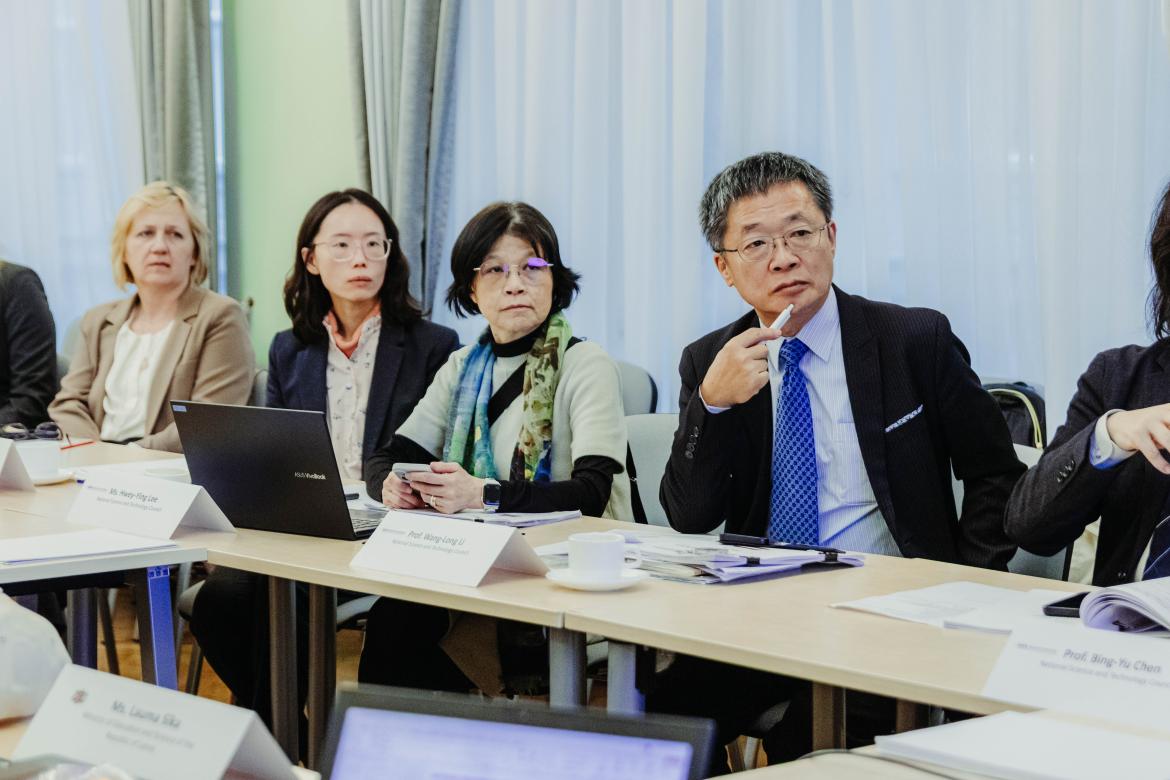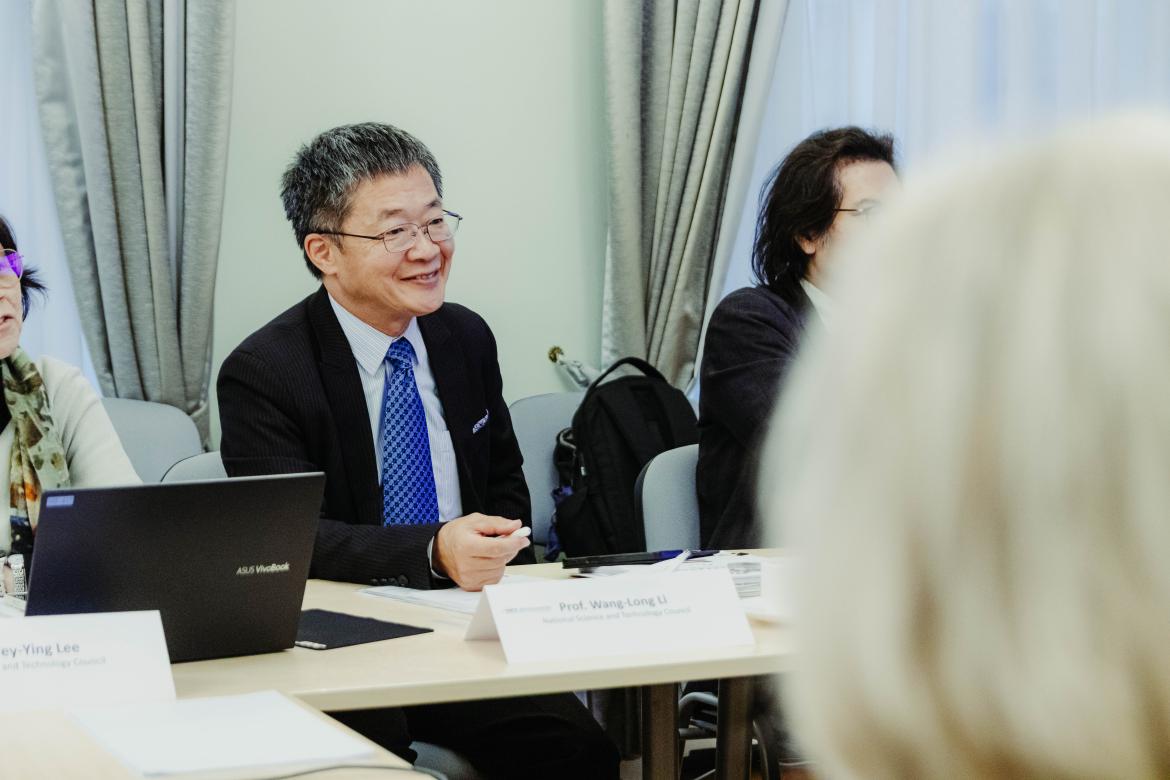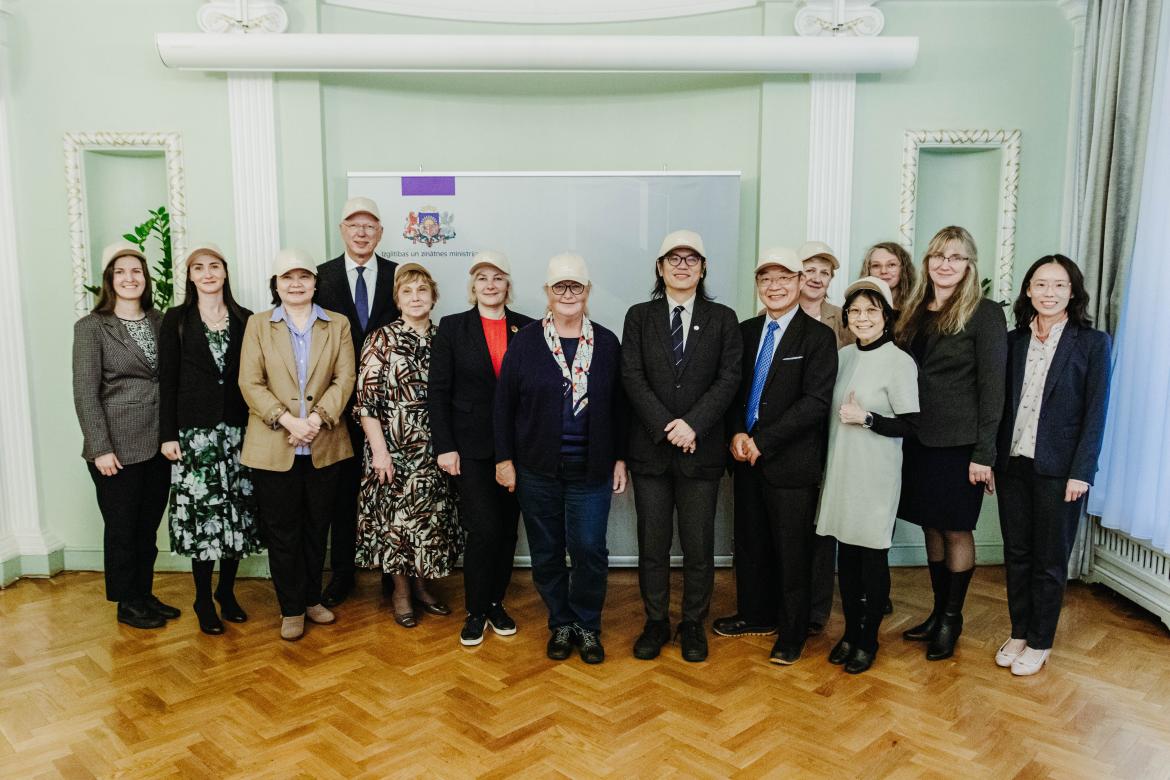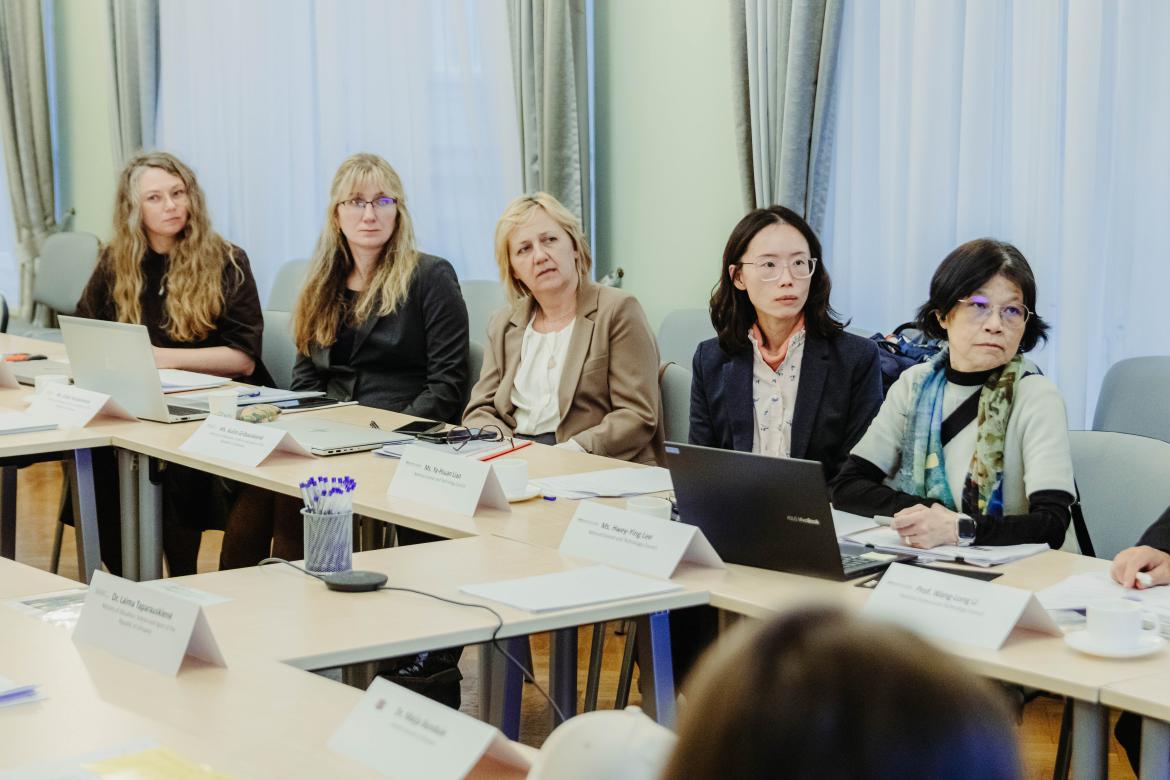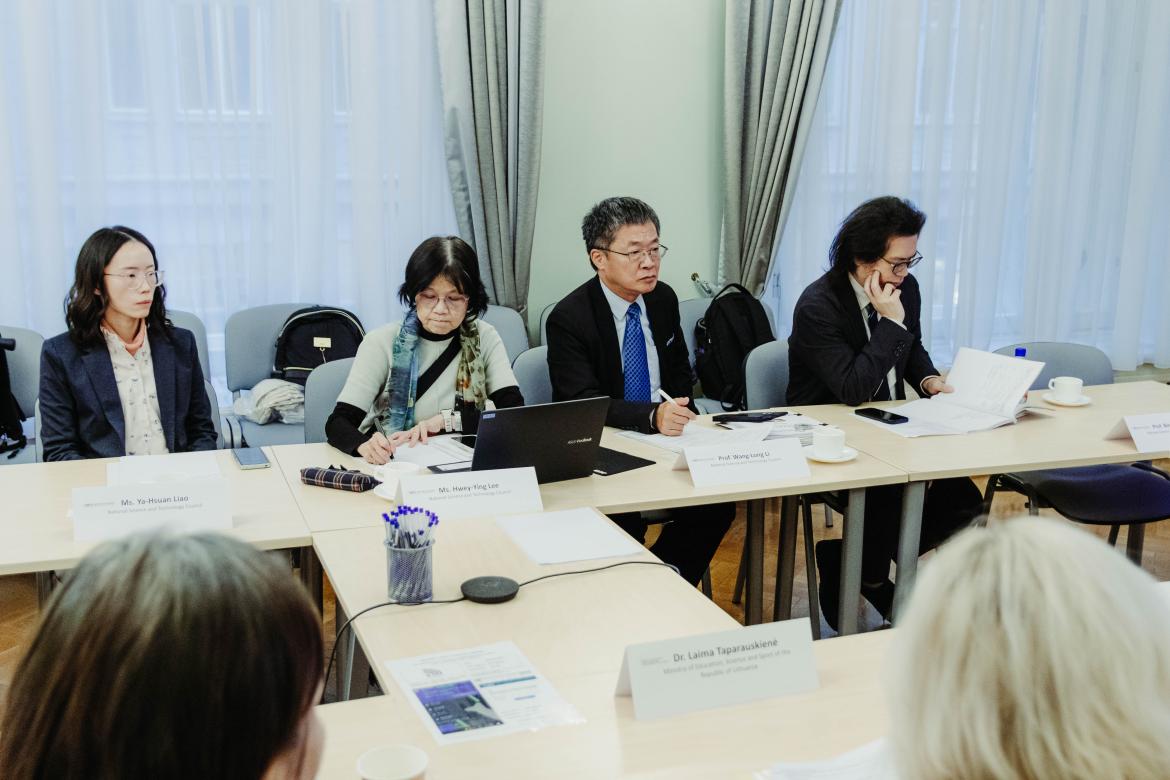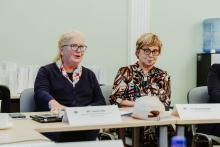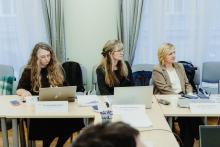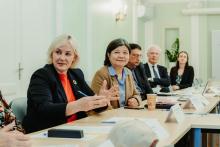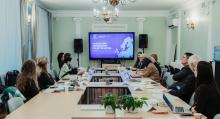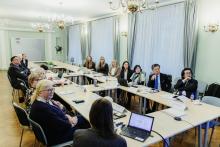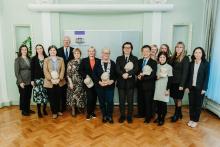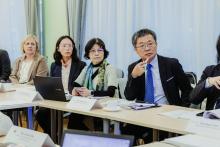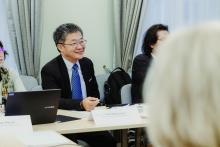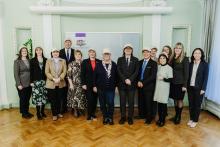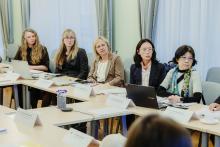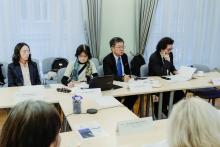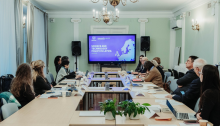Four new joint projects in biomedicine, materials science, environmental and sports sciences have been supported in this year's Latvia-Lithuania-Taiwan scientific cooperation competition. They will be implemented from 2026 to 2028, while eight previously initiated projects will also continue to receive funding. The program currently has 12 active research projects underway.
The trilateral cooperation program offers researchers the opportunity to combine their knowledge, innovation, and resources to jointly address current issues in the social sciences and humanities, biomedicine, and materials science. This year, the 24th annual meeting of the Scientific Cooperation Fund's management committee took place in Riga, where representatives from all three countries presented the results of previously supported projects and approved new joint projects for the next period.
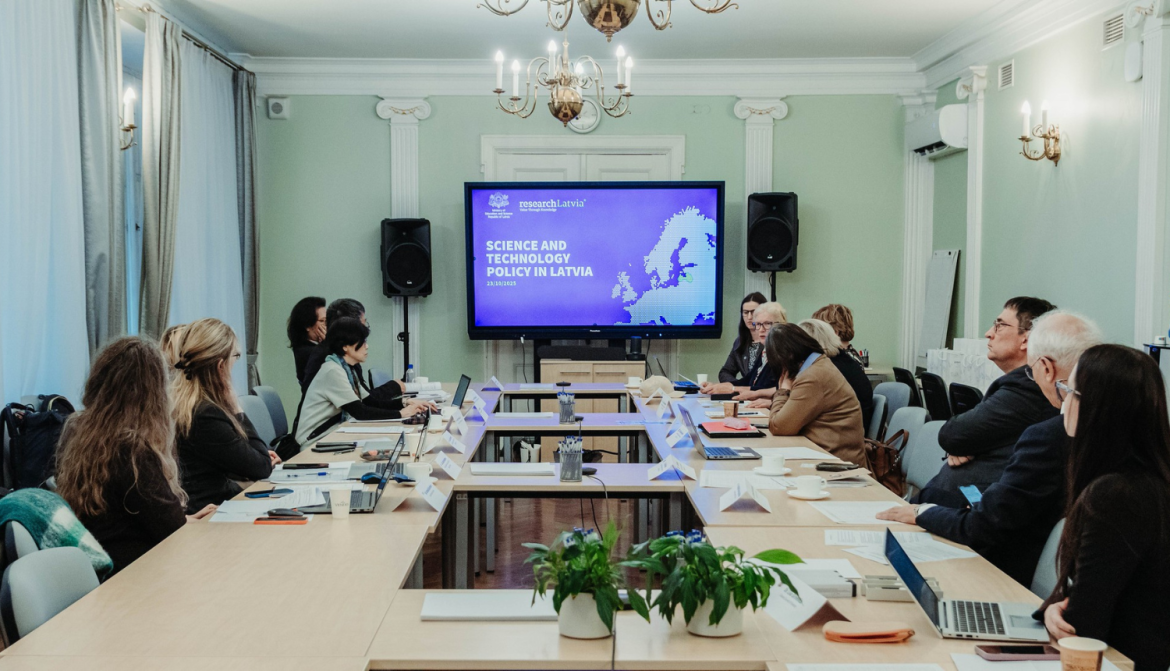
"This partnership clearly demonstrates that joint research projects can unite different scientific traditions and build trust between countries. The active participation of our scientists shows that Latvia has much to offer in the international research space," comments Lauma Sīka, Deputy Director at the Department of Higher Education, Science and Innovation at the Ministry of Education and Science.
Among the four new projects that received support and will begin work in 2026 are promising studies in various fields:
- In materials science, Fa-Kuen Shieh from Taiwan's National Central University, Darya Meisak from Vilnius University (VU) and Anna Šutka from Riga Technical University (RTU) will work on developing new environmentally friendly materials that can respond to electricity and mechanical impact.
- In biotechnology, Zong-Hong Lin from National Taiwan University, in collaboration with Ieva Plikusienė from VU and Linards Lapčinskis from RTU will develop a new sensor that, using artificial intelligence, will be able to determine inflammatory markers in the body faster and more accurately.
- Environmental science researchers Li-Yaung Kuo from National Tsing Hua University, Taiwan, Radvilė Rimgailė-Voicik from VU and Liene Auniņa from University of Latvia will study the conservation of rare plant species (moonwort) using genetic data and habitat analysis.
- In sports sciences, Lung-Hung Chen from National Taiwan College of Physical Education together with Brigita Mieženė from Lithuanian Sports University and Katrīna Volgemute from Rīga Stradiņš University (RSU), will study how athletes psychologically adapt to loads throughout the sports season, comparing different cultures.
Meanwhile, during the annual meeting, Latvian scientists implementing active projects presented current results, confirming the high level and thematic diversity of Latvian research:
- Dr. chem. Alons Lends from the Latvian Institute of Organic Synthesis introduced those present to an innovative interdisciplinary method for cancer research using artificial intelligence tools;
- Dr. phys. Jānis Spīgulis from the University of Latvia (UL) presented the development of light microlaser technology for sensor applications;
- Dr. biol. Vita Rovīte from the Latvian Biomedical Research and Study Centre shared discoveries about the role of cell receptors in neuroendocrine tumour formation processes.
- MBA Kristīne Bērziņa-Cunska from UL presented research on organisational resilience and management practices in family businesses.
The trilateral cooperation between Latvia, Lithuania and Taiwan creates stable partnerships and produces results that promote scientific development and innovation in the Baltic region, creating a link with the Asia-Pacific region. The next project competition period will begin on February 2, 2026, when scientists will be able to submit new project ideas for cooperation.
About the Latvia-Lithuania-Taiwan Scientific Cooperation Support Fund
In 2000, a trilateral agreement on scientific cooperation was signed for the Latvia, Lithuania and Taiwan Scientific Cooperation Support Fund. Its goal is to build long-term partnerships that strengthen trust, promote knowledge circulation and pave the way for new discoveries.
The Fund provides equal funding to participants from each country. In exact sciences, each project partner receives 25,000 euros per year, while in humanities and social sciences projects, the funding is 20,000 EUR per year for each participant. Scientists from each country – Latvia, Lithuania and Taiwan – receive funding from their own national budget, thus ensuring equal contribution to joint research cooperation.
In Latvia, the program is administered by the Latvian Council of Science, while the Ministry of Education and Science represents the country in the Support Fund's management committee, participating in strategic decision-making and development of cooperation directions.
